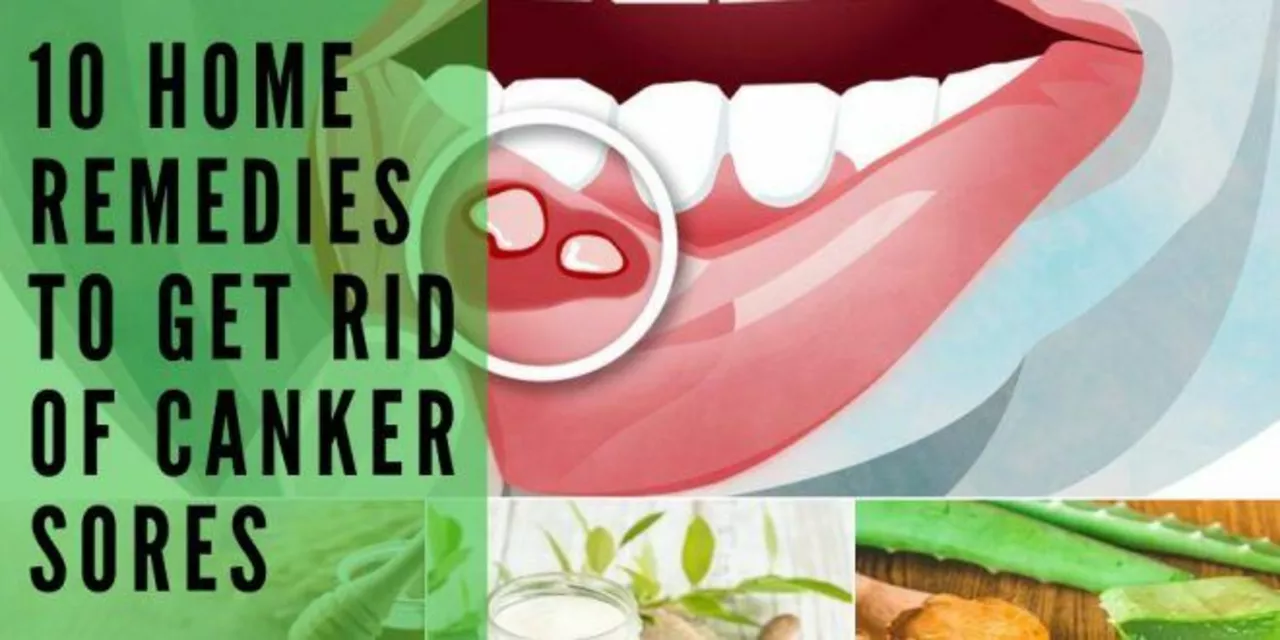Healing Sores: Simple, Practical Care You Can Do Today
Got a sore that won’t quit? Whether it’s a scraped knee, a pressure sore, or a stubborn ulcer, the basics of care are the same: clean it, protect it, and watch for trouble. This guide gives clear steps you can use right away, plus signs that mean you need medical help.
Quick, safe steps to treat most small sores
1) Stop the bleeding. Apply gentle pressure with a clean cloth for a few minutes. If bleeding won’t stop after 15–20 minutes, get medical help.
2) Clean it gently. Rinse with cool running water to remove dirt. Use mild soap around the sore but don’t scrub the wound itself. Avoid strong antiseptics like hydrogen peroxide or iodine repeatedly—those can slow healing.
3) Keep it moist. A thin layer of petroleum jelly or a hydrogel dressing helps new skin grow faster than letting the wound dry out. Moist wounds scar less and regain strength quicker.
4) Cover it right. Use a non-stick sterile dressing and tape or a bandage to keep bacteria out. Change dressings daily or sooner if they get wet or dirty.
5) Pain and inflammation. For pain relief, over-the-counter acetaminophen or ibuprofen can help—follow the label or talk to your pharmacist if you take other meds.
When sores need more than home care
Watch for these red flags: growing redness or warmth, pus or bad smell, spreading streaks, increasing pain, fever, or swollen nearby glands. Also get help if the sore is deep, was caused by animal or human bite, or won’t improve after a week of proper home care.
If you have diabetes, poor circulation, or a weakened immune system, treat any sore as potentially serious. Small foot wounds in people with diabetes can become infected fast—see a clinician without delay.
Special sores like pressure ulcers (from lying or sitting too long) and venous leg ulcers need targeted care: pressure relief, gentle cleaning, proper dressings, and often help from a wound clinic. For infected sores a doctor may prescribe oral antibiotics or a topical antibiotic ointment.
Other tips that actually help: keep your tetanus shot up to date if the wound is dirty or caused by metal; avoid smoking—smoking slows healing; eat protein-rich meals and stay hydrated to give your body the building blocks it needs.
Want more reading? We cover pain relief options and safe acetaminophen use, and options for antibiotic care when needed. If you’re buying meds online, check reputable sources and know local rules for prescriptions.
Bottom line: clean, keep it moist and covered, and get help fast if signs of infection or if you have health issues that affect healing. Small steps now can stop a sore from becoming a big problem.
Home remedies for healing sores quickly and effectively

As a blogger who loves exploring natural remedies, I've recently discovered some amazing home remedies for healing sores quickly and effectively. I was amazed at how simple ingredients like honey, aloe vera, and even garlic can help speed up the healing process. I also found out that essential oils like tea tree and lavender oil can work wonders in soothing the affected area. Surprisingly, even a warm saltwater rinse can help in reducing inflammation and preventing infection. I can't wait to share these remedies with my readers and help them find relief from painful sores with these safe and natural methods.
